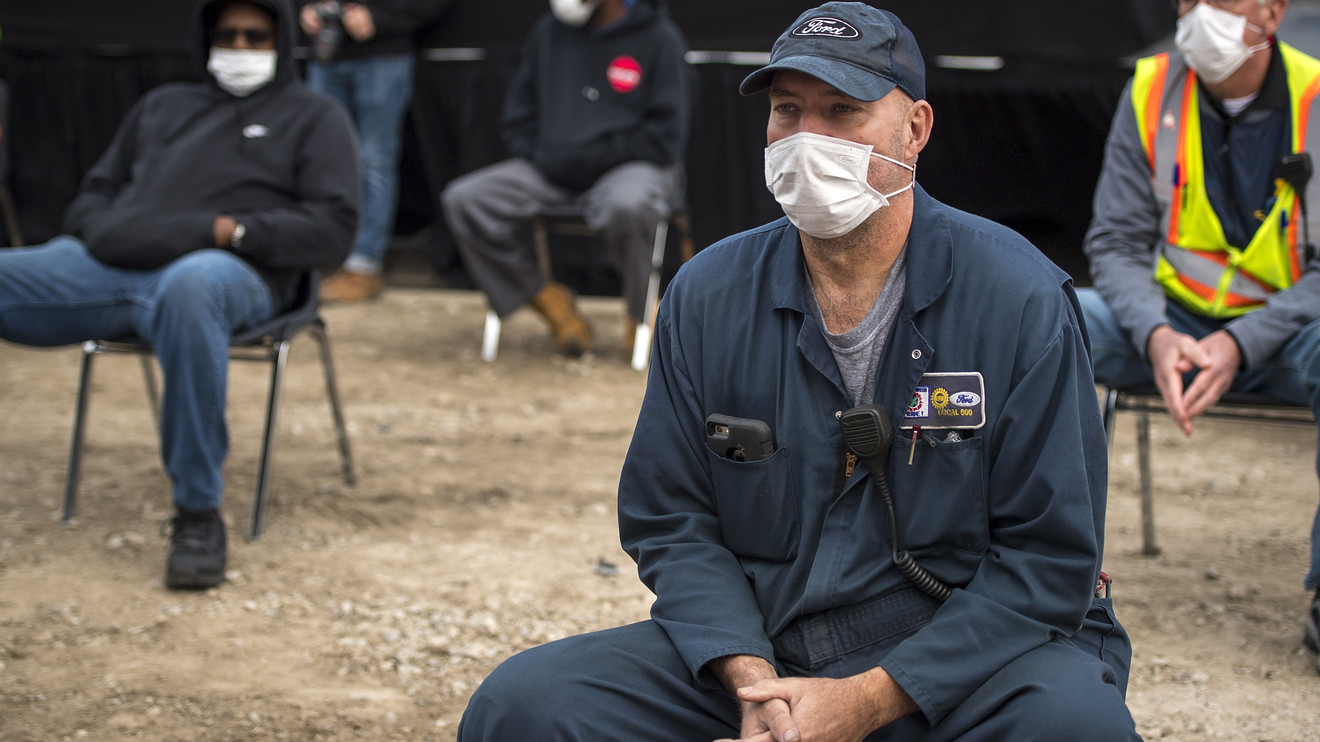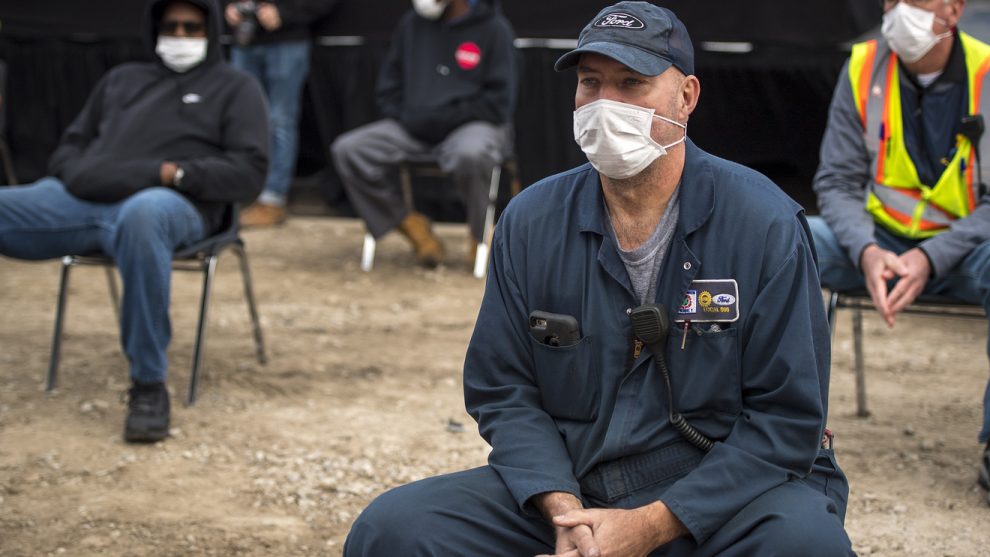
Until recently, most Americans believed that the U.S. should play a leading role on the global stage. The political landscape, however, has shifted.
Only 53% of Americans now believe an active role in the world is good. Among Republicans or Republican-leaning voters, the proportion drops to 45%. But as the world around us rapidly changes, our wish may soon become reality. Regardless of how the presidential election turns out, Americans should begin thinking about what it means to be second, especially if certain economic and demographic trends continue.
Consider that all the emerging markets combined already represent more than half of the global economy, which has huge implications for the United States’ position in the world. And I don’t just mean China. India will likely become a larger consumer market than China by the 2040s by virtue of its larger and younger population. Before Trump, American companies and workers were intent on competing for market share in emerging markets. Now, isolationism seems to be the governing principle out of Washington.
From isolationism to inequality
The problem with isolationism is that it will make it much harder to reduce inequality, which remains one of the largest issues we face. Think about how difficult it is to address inequality without economic growth, and now consider that the markets of Asia, Africa and the Middle East are growing much faster than those in Europe and the Americas.
If “America First” or “Buy American” policies remain our approach — cutting off the U.S. economy from foreign markets — then our own economy will continue to stall. And a stagnant American economy will most likely perpetuate patterns of inequality by income, race, ethnicity and gender. We must consider ways of protecting all Americans without resorting to nativism as the only solution.
Meanwhile, the pandemic has exposed larger issues that will come to define this coming decade in the U.S. We have a rapidly aging population, and the pandemic will only accelerate that trend. In addition to the high mortality rate among the elderly, young people will postpone having children during periods of uncertainty or during spells of high unemployment.
Now consider the first responders to the present crisis. According to a 2016 study by George Mason University, immigrants represent about 13% of the total population of the United States, but are 28% of physicians and surgeons, 22% of nursing, psychiatric and home health aides, and 15% of registered nurses. Another study revealed that in 2017 more than half of internal medicine residency positions for new physicians were filled by foreign-born doctors.
Baby drought
It may be popular in some circles to demonize immigrants, but the truth is that their contribution to America’s ailing public health sector is essential. It is safe to say that under present circumstances they are literally saving American lives.
Furthermore, the American population is not replacing itself, meaning for the first time in modern history, we are experiencing a baby drought rather than a population boom. As a result, the latest report from the trustees of Social Security anticipates that the trust fund’s ratio will fall below the minimum level of financial adequacy by 2029.
An America that is engaged with the world, and welcoming to those who wish to make a life in America, can help cover the difference through an influx of new people, which can help provide the financial safety net our senior citizens deserve. All of this becomes far more important during a period of grave uncertainty and a raging global health crisis.
Both Donald Trump and Joe Biden have put the future of America on the ballot in November. Each delivered their case for American greatness. But the world is changing rapidly, and simply arguing for greatness will not make it come true.
An America dedicated to a more just society domestically and engaged abroad may be ready to weather this inflection point in world history. But certainly an isolated America will not. I’m afraid, if this becomes our new normal, then America being second may become our new reality.
Mauro Guillen is a professor of international management at the Wharton School and author of the best-selling new book, “2030: How the Biggest Trends Today will Collide and Shape the Future of Everything,” from which this article is adapted. Follow him on Twitter @MauroFGuillen.











Add Comment